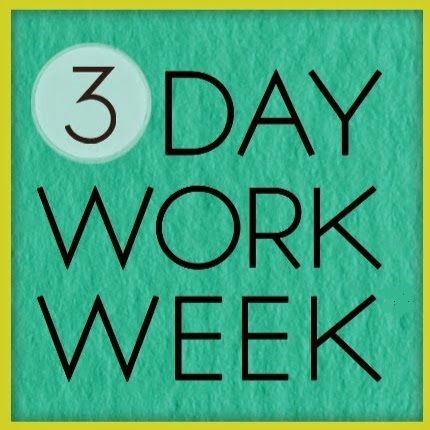 Pic.: pinterest
Pic.: pinterest
Zoom CEO Eric Yuan predicted that AI chatbots and agents will bring about a three or four-day workweek. But some people may find themselves free all week, as the tech leader admitted that some jobs will be erased in the process, ‘Fortune” writes.
Business leaders are split on how AI will transform the way people work. Some, like Anthropic CEO Dario Amodei, predict a white-collar jobs armageddon, while others like Google DeepMind leader Demis Hassabis believe the tech will usher in a “golden era” of abundance.
However, as more chatbots and automated assistants take over the duties of human roles, there’s a growing cohort of executives who see shorter workweeks on the horizon — and Zoom CEO Eric Yuan can even see staffers only clocking in a few days a week.
“I feel like if A.I. can make all of our lives better, why do we need to work for five days a week?” Yuan told The New York Times in a recent interview. “Every company will support three days, four days a week. I think this ultimately frees up everyone’s time.”
It’s music to the ears of Americans stuck in corporate hustle culture, enviously watching their European peers trial four-day workweeks with major success. And when U.S. performance coaching company Exos experimented with schedules one workday shorter, it proved to be good for business; employee burnout was cut in half, and productivity soared by 24%. And CEOs agree shorter workweeks born from these automation gains will be terrific for human workers—even if it means fewer of them have jobs in general.
AI tools can be immensely useful for staffers, cutting out everything from menial tasks like emailing to more tedious jobs like coding. Tech leaders are seeing the gains from AI firsthand, and they’re promoting the possibility that employees will no longer have to clock in five days a week.
Microsoft cofounder Gates first pioneered technology back in the 1970s and 1980s; and now, the billionaire predicted that AI’s current pace of innovation will remove the need for humans for “most things” in the next 10 years. When people are no longer needed, those who are left on staff won’t have to swipe in daily.
Zoom CEO admits that some jobs will be erased
While workers globally will finally have the opportunity to clock in fewer days per week, not everyone will be enjoying the shortened schedules. Leaders are open to the fact that there will be a massive upheaval in the jobs market, with some roles inevitably automated in the shift. Zoom’s CEO doesn’t shy away from the reality that some humans will be fired — but it’s just another adjustment, just like the industrial revolution and birth of the internet.
“Whenever there’s a technology paradigm shift, some job opportunities are gone, but it will create some new opportunities,” Yuan admitted in the interview. “For some jobs, like entry-level engineers, we can use A.I. to write code. However, you still need to manage that code. You also create a lot of digital agents, and you need someone to manage those agents.”
Other chief executives like Ford CEO Jim Farley and Klarna leader Sebastian Siemiatkowski agree that some roles will be erased in the change — but some, like Huang, think it could actually bolster employment. Instead of humans being replaced by AI, the chip leader claimed that people’s roles will be taken over by others who can actually use the advanced tech.
read more in our Telegram-channel https://t.me/The_International_Affairs

 9:39 21.09.2025 •
9:39 21.09.2025 •






















